Dhaka, Apr 19 (V7N)- The National Citizen Party (NCP) is placing special emphasis on balancing executive power, constitutional reforms, and electoral system overhauls to ensure that no future government can descend into dictatorship, said Nahid Islam, the party’s convener.
He made the remarks during the party's meeting with the National Consensus Commission on Saturday morning (April 19) in the capital.
In his opening speech, Nahid said, “Bangladesh is undergoing a transformation. The demand for a new Bangladesh, born out of the July mass uprising, must now be translated into concrete reforms. We appreciate the interim government’s initiative for state restructuring.”
He emphasized that the current socio-political scenario has emerged at the cost of thousands of lives, and the NCP itself is a product of the July uprising. “Our base is the youth. This movement is not about replacing one party with another, but about fundamental, qualitative changes to the state structure. People have long taken to the streets with high hopes, but many of those aspirations have repeatedly been betrayed,” Nahid said.
He added, “For 16 years we witnessed the tightening grip of fascism. Now that a new opportunity has arrived, we must not let it go in vain. Reform is not just a slogan for us—it is a path to lasting change.”
Nahid reaffirmed that the NCP is committed to building a democratic constitution and a reformed state structure, pledging to work alongside other groups toward that goal.
Speaking on behalf of the National Consensus Commission, Vice-Chairman Professor Dr. Ali Riaz noted that discussions are underway to establish a National Charter based on the people's aspirations.
“We are grateful to the youth leaders and activists who led the July movement. Time and again, we have seen how democracy has been undermined when the power of the state becomes concentrated in one person’s hands,” said Dr. Riaz.
He added, “The Commission has already begun working to dismantle such a system. We are focusing on institutional reforms and consolidating democracy through broad-based consensus.”
END/MSS/AJ






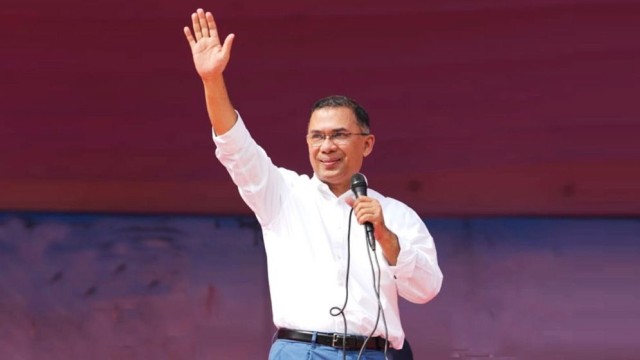
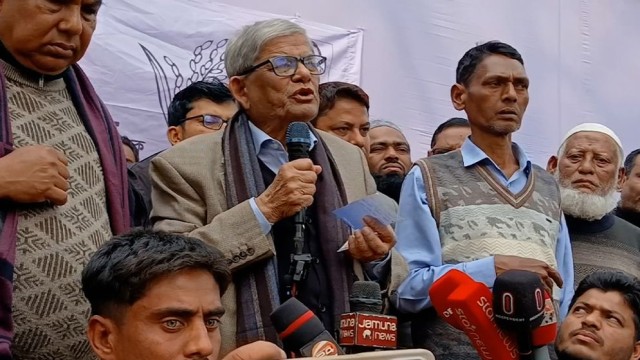

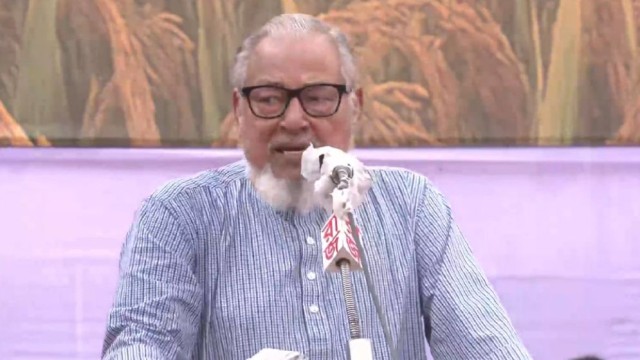
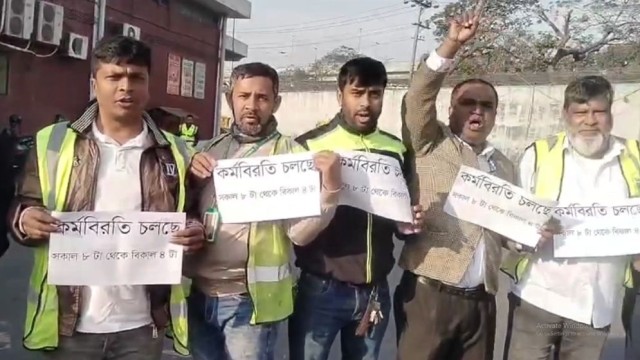
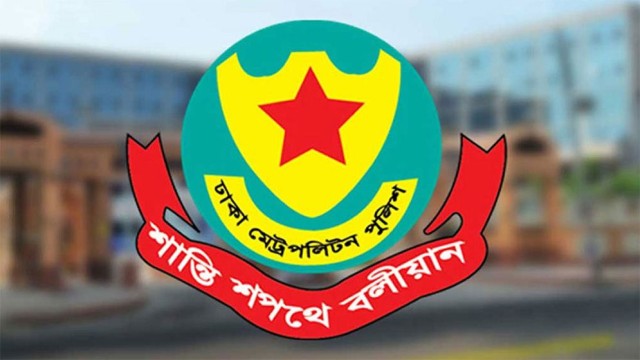
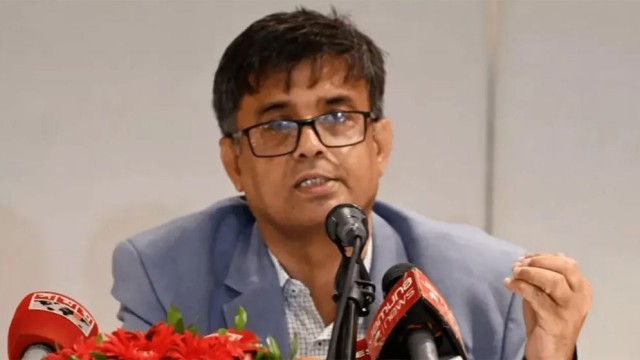


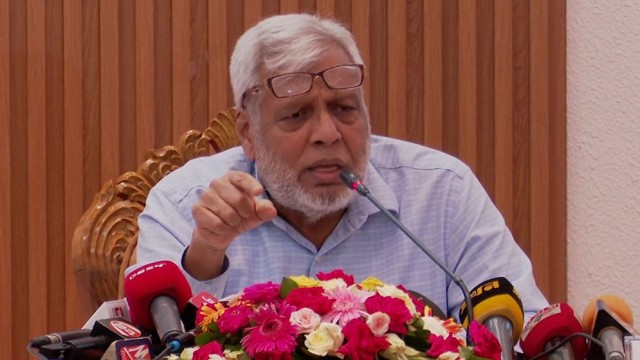
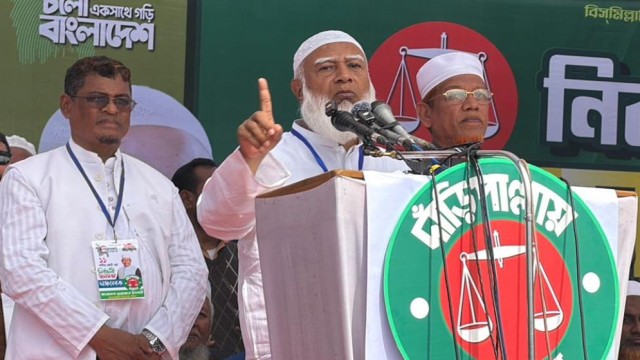
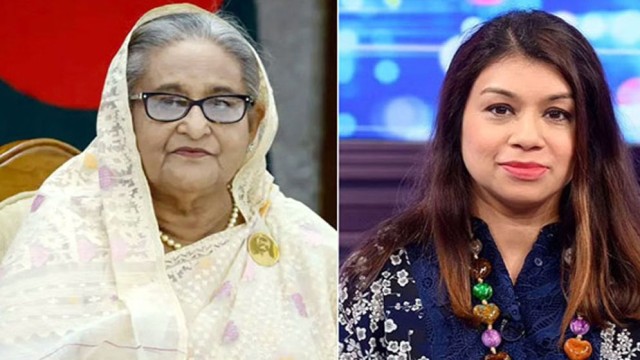






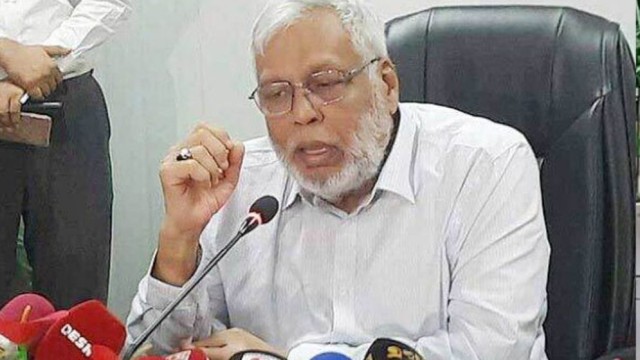


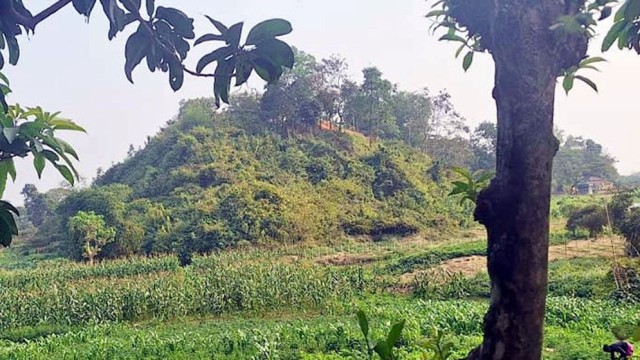



Comment: